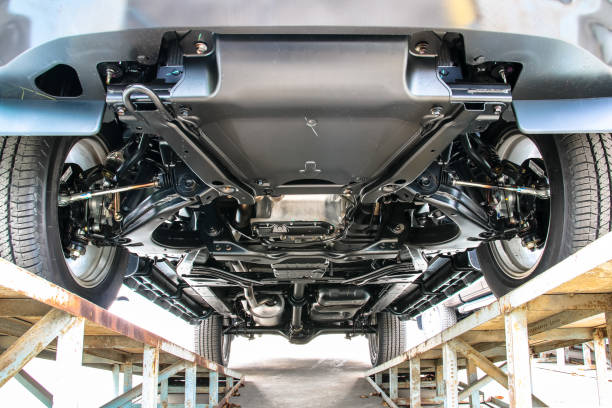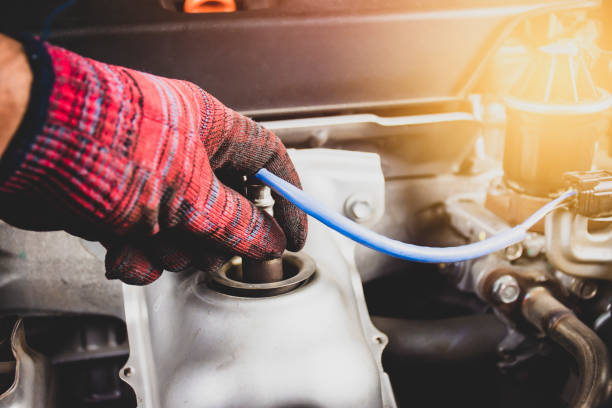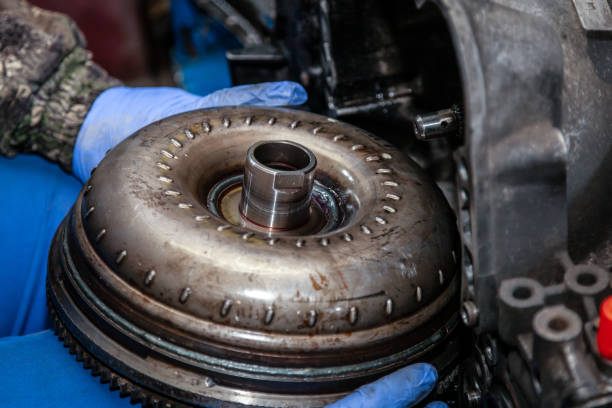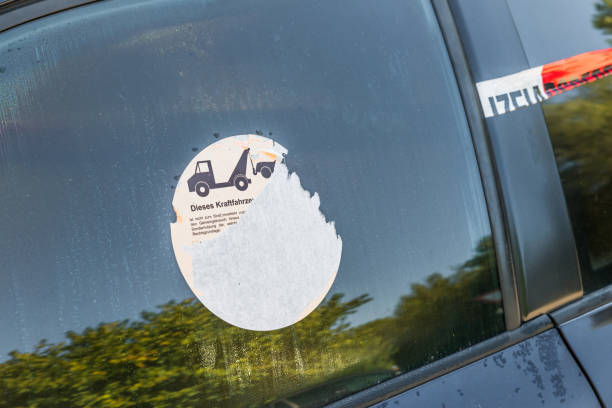Regular tune-ups are crucial for maintaining the health and performance of your Honda vehicle. A tune-up is essentially a series of maintenance procedures that are performed to ensure your car is running smoothly and efficiently. Neglecting regular tune-ups can lead to serious problems down the line, including reduced gas mileage, poor performance, and even engine damage.
One of the key benefits of regular tune-ups is improved fuel efficiency. A well-tuned engine uses fuel more efficiently, which can ultimately save you money at the gas pump. Regular tune-ups can also help prevent costly repairs by catching and fixing small issues before they turn into major problems.
Recommended intervals for tune-ups vary depending on the make and model of your vehicle. As a general rule of thumb, it’s recommended to have a tune-up performed every 30,000 miles or every 2-3 years. However, if you notice any issues with your car’s performance, such as difficulty starting or a decrease in gas mileage, it’s best to have a tune-up performed sooner rather than later.

Common Honda Tune-Up Procedures
A typical Honda tune-up includes a variety of procedures, including but not limited to:
- Replacing spark plugs
- Replacing air and fuel filters
- Checking and replacing fluids (oil, transmission, brake, power steering, etc.)
- Inspecting and replacing belts and hoses
- Checking and adjusting ignition timing
- Checking and adjusting valve clearance
- Inspecting the battery and charging system
These procedures are all important for keeping your Honda running smoothly and efficiently. A professional mechanic can perform a comprehensive tune-up to ensure that all the necessary procedures are completed.
Necessary Tools and Equipment
Performing a Honda tune-up requires a variety of tools and equipment. Some of the most commonly used tools include:
- Socket set
- Spark plug socket
- Wrench set
- Screwdrivers
- Pliers
- Ignition timing light
- Feeler gauge
In addition to these basic tools, there are also a variety of specialized tools that may be required depending on the specific procedures being performed. For example, a serpentine belt tool may be needed to remove and replace the serpentine belt, while a fuel pressure gauge may be necessary for checking and adjusting fuel pressure.
If you plan on performing a Honda tune-up yourself, it’s important to make sure you have all the necessary tools and equipment on hand. Alternatively, you can take your car to a professional mechanic who will have all the necessary tools and equipment to perform a comprehensive tune-up.
How Much a Honda Tune-Up Costs
The cost of a Honda tune-up can vary depending on a variety of factors, including the make and model of your car, the specific procedures being performed, and your location. On average, a Honda tune-up can cost between $100 and $500, with the price typically falling somewhere in the middle of that range.
That being said, it’s important to remember that neglecting regular tune-ups can lead to much more costly repairs down the line. By investing in regular tune-ups, you can catch and fix small issues before they turn into major problems that require more extensive (and expensive) repairs.
It’s also worth noting that some mechanics may offer “tune-up specials” or discounts on certain services that are commonly included in a Honda tune-up. Be sure to shop around and compare prices from different mechanics in your area to find the best deal.
DIY or Professional Tune-Up: Pros and Cons
Deciding whether to perform a Honda tune-up yourself or take it to a professional mechanic is a personal decision that depends on a variety of factors.
One advantage of performing a tune-up yourself is the potential cost savings. By purchasing parts and performing the procedures yourself, you can save on the labor costs associated with taking your car to a professional mechanic.
However, performing a tune-up yourself requires a certain level of automotive knowledge and skill. Additionally, if any mistakes are made during the process, it could end up costing you more money in the long run.
On the other hand, taking your Honda to a professional mechanic for a tune-up ensures that the procedures are performed correctly and efficiently. Additionally, many mechanics offer warranties or guarantees on their work, which can provide added peace of mind.
One potential drawback of taking your car to a mechanic is the cost associated with their services. However, it’s important to remember that investing in regular tune-ups can ultimately save you money in the long run by preventing costly repairs down the line.
Ultimately, the decision to perform a Honda tune-up yourself or take it to a professional mechanic depends on your personal level of confidence and experience with automotive repairs, as well as your budget and time constraints.
Signs Your Honda Needs a Tune-Up
There are a variety of signs that your Honda may be in need of a tune-up. Some common signs include:
- Decreased gas mileage
- Difficulty starting the engine
- Rough or unstable idling
- Engine misfires or hesitation
- Lack of power or performance
- “Check engine” light illuminated
If you notice any of these signs, it’s important to take your Honda to a professional mechanic for a tune-up as soon as possible. Ignoring these symptoms can lead to more serious problems down the line.

Simple Maintenance Tips to Prolong Your Honda’s Life
In addition to regular tune-ups, there are a variety of simple maintenance tips you can follow to prolong the life of your Honda and keep it running smoothly.
One important maintenance task is replacing your car’s oil and oil filter on a regular basis. Another key task is regularly checking and maintaining your car’s tire pressure to ensure the tires are properly inflated.
Other simple maintenance tasks include:
- Replacing air filters regularly
- Checking and replacing other fluids as needed (transmission, brake, power steering, etc.)
- Regularly cleaning your car, both inside and out
- Using the correct fuel for your car
- Avoiding driving aggressively or carrying excessive weight in your car
Following these simple maintenance tips can help keep your Honda running smoothly and efficiently for years to come. By investing in regular tune-ups and staying on top of basic maintenance tasks, you can ensure that your car remains a reliable and enjoyable mode of transportation for years to come.








